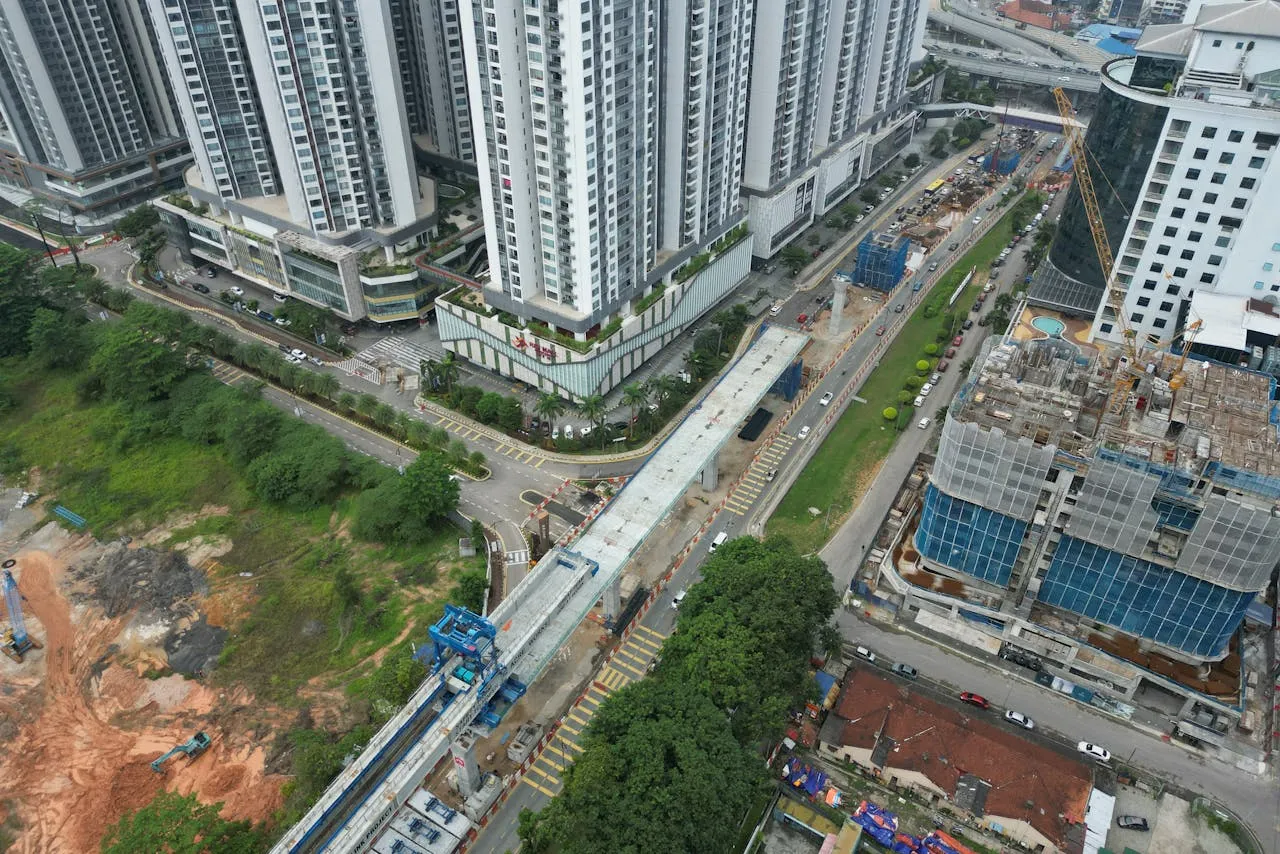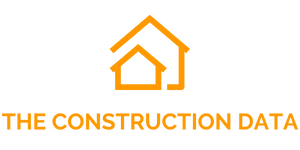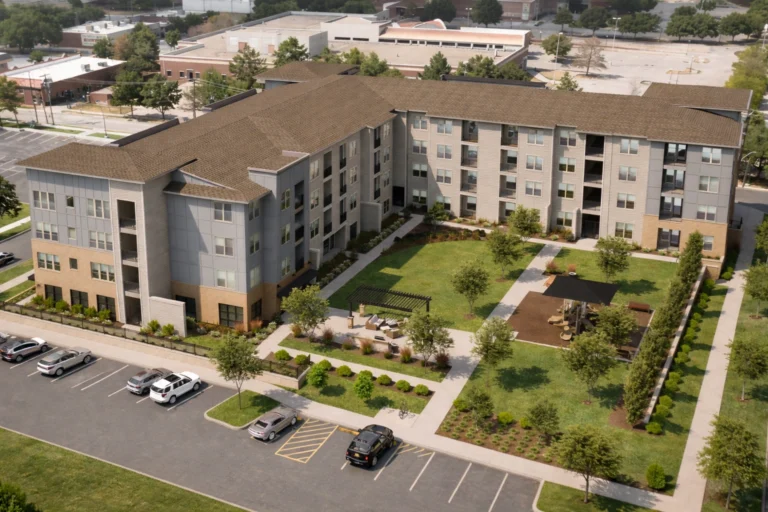
Miami-Dade Turns to Tech to Tackle Housing Accessibility
In an ambitious step to address the ongoing housing affordability crisis, the Miami-Dade Innovation Authority (MDIA) has announced the launch of its sixth Public Innovation Challenge, in partnership with the Miami-Dade County Department of Housing & Community Development (HCD), the Office of Innovation & Economic Development (OIED), and Miami Homes For All. The initiative seeks forward-thinking, tech-enabled solutions that can transform how residents in Miami-Dade access affordable housing and navigate the public support system.
The newly launched challenge opens today and runs through September 5, 2025, inviting proposals from both local and global technology startups. It targets early- to growth-stage companies that can develop or scale technological solutions aimed at streamlining the housing process, from application to placement and long-term engagement.
The goal is simple but impactful: make it easier, faster, and more transparent for residents to find, qualify for, and secure affordable housing.
Addressing a Growing Crisis Through Innovation
With over 90,000 affordable housing units still needed to meet demand, Miami-Dade County is facing a critical juncture. Many families, especially those earning less than 80% of the area median income, are struggling under rising housing costs. According to research by Miami Homes For All, one in three Miami-Dade households earns less than $35,000 annually, creating immense pressure on the region’s public housing resources.
Recognizing the urgency, this Public Innovation Challenge has been designed to identify and fund practical, pilot-ready tech tools that can reduce administrative bottlenecks, improve communication with residents, and support better housing outcomes.
“Innovation is key to tackling the housing crisis in our community and delivering practical solutions to our residents,” said Miami-Dade County Mayor Daniella Levine Cava. “By partnering with MDIA and embracing creative, tech-driven approaches to housing, we are opening the door for more families to access stable and affordable housing faster and with fewer barriers.”
What the Challenge Seeks
The MDIA and its partners are particularly interested in technology solutions that are ready to be deployed in a live, real-world environment. The emphasis is on tools that are:
- User-centric: Easy to use and accessible for all residents, including those unfamiliar with digital systems.
- Data-driven: Capable of improving efficiency, reducing errors, and facilitating smarter decision-making.
- Scalable: Able to grow in step with the county’s evolving housing landscape.
Selected companies—a minimum of three will be chosen—will each receive $100,000 in non-dilutive funding to pilot their solutions in collaboration with HCD.
A Focus on Three Key Areas
Solutions should target one or more of the following priority domains:
- Navigation
Tools that help residents explore housing options, determine eligibility, and apply for financial assistance. These might include AI-powered advisors, mobile platforms with language support, or virtual assistants to help users through each step of the housing process. - Optimization
Innovations that reduce manual labor in housing application processes, speed up the placement of residents, provide real-time updates, and improve how people are matched with available housing units. This includes workflow automation, feedback systems, and CRM-style platforms for case management. - Mapping and Planning
Platforms that assist in identifying and analyzing potential sites for new affordable housing development. Geographic Information System (GIS) tools, data visualization dashboards, and community input aggregators fall under this umbrella.
“We’re looking for technology that helps make the housing process more efficient, more responsive, and more resident-focused,” said Nathan Kogon, Director of HCD. “Ultimately, this is about empowering residents—giving them faster access to reliable information and helping our department serve more families effectively.”
A Broader Vision: Government as a Platform for Innovation
This sixth Public Innovation Challenge is part of MDIA’s broader mission to modernize and reimagine public service delivery through technology. Since its inception in 2023, MDIA has already launched five such challenges, disbursing $1 million in funding to innovative companies. In the process, it has attracted more than 440 startups from 55 countries, building a dynamic pipeline of companies that collectively represent $6.5 billion in revenue and $1 billion in investment funding.
“These challenges are not just about generating ideas—they’re about deploying real solutions in real systems,” explained Leigh-Ann Buchanan, President and CEO of MDIA. “Housing, shelter, one’s place of abode, is not only a basic human need but a critical metric of quality of life. The scale and urgency of our affordable housing crisis in Miami-Dade demands forward-thinking, tech-enabled solutions that meet residents where they are.”
Buchanan noted that the challenge also serves as a model for other cities, demonstrating how local governments can pilot and scale innovation with speed, impact, and accountability.
Reducing Friction and Increasing Access

From simplifying applications to reducing wait times and vacancy turnaround, the challenge targets “friction points” that often prevent families from securing housing in a timely manner. These inefficiencies lead to frustration, missed opportunities, and increased stress for both applicants and housing officials.
“Through this challenge, we hope to eliminate delays and improve communication between residents and housing departments,” Buchanan continued. “We’re seeking real-world tools—not just concepts—that can help agencies do more with less, and empower residents to secure stable housing when they need it most.”
This aligns with Mayor Levine Cava’s “Building Blocks for Housing Affordability” and WISE305 (Workforce Innovation, Sustainability, and Equity) initiatives, both of which advocate for smart, people-centered service delivery.
Community-Driven Partnerships
As a key partner in the initiative, Miami Homes For All brings deep knowledge of housing disparities in the county and a commitment to ensuring equitable outcomes.
“We’re thrilled that this public innovation challenge will accelerate access to affordable housing for thousands of everyday Miamians,” said Annie Lord, Executive Director of Miami Homes For All. “Reducing time and red tape will make a major difference, especially for the third of households earning under $35,000 annually.”
The organization believes that housing should not be a luxury, but a fundamental right—and the best way to protect that right is through smarter, faster, and fairer systems.
A Blueprint for the Future
Miami-Dade County manages more than 6,500 public housing units, yet demand continues to outpace supply. With a shortfall of over 90,000 affordable housing units, innovative solutions are not just welcome—they are essential.
By opening its doors to the global startup ecosystem, MDIA is reinforcing the idea that government and innovation are not mutually exclusive. On the contrary, they are stronger together.
As Buchanan puts it: “This Public Innovation Challenge is not just about affordable housing. It’s about what’s possible when cities act boldly, invest in innovation, and put residents first.




